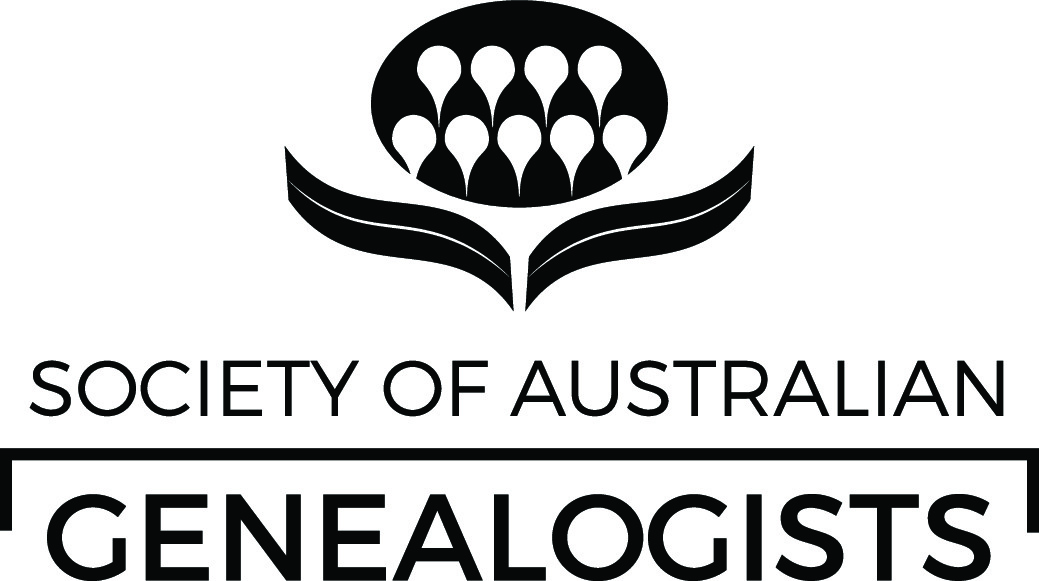DNA Program
The Society has extensive expertise in DNA research methodology and runs an increasing amount of courses and associated activities outlined below. Designed for family historians of all levels, our program offers in-depth training on genetic genealogy including DNA testing, DNA matching, data analysis, and the latest techniques in tracing your ancestry through DNA.
The Society has also produced a statement on Using atDNA Ethnicity Estimates in Your Family History Research.
Please join our @DNASydney Facebook group for information updates or refer to our DNA Sydney Wordpress Site for more information.
NOTE: The Wordpress site has been turned off as a Blog and has not operated in that way for several years now. We use it mainly as a storage site for information and links to other resources after sessions.
DNA Research Groups (meet 4 times a year)
SAG is home to a group of enthusiastic and knowledgeable genetic genealogists. Our DNA Research Groups are for those who would like to explore this exciting aspect of genealogy further with a group of likeminded people. Refer to the pages below for more information.
DNA Research Group - Tools in practice - Skill level: Intermediate
DNA Research Discussion Group - Skill level: Advanced
DNA Research: Software User Group - GDAT
You may want to also consider our regular Beginners DNA sessions.
